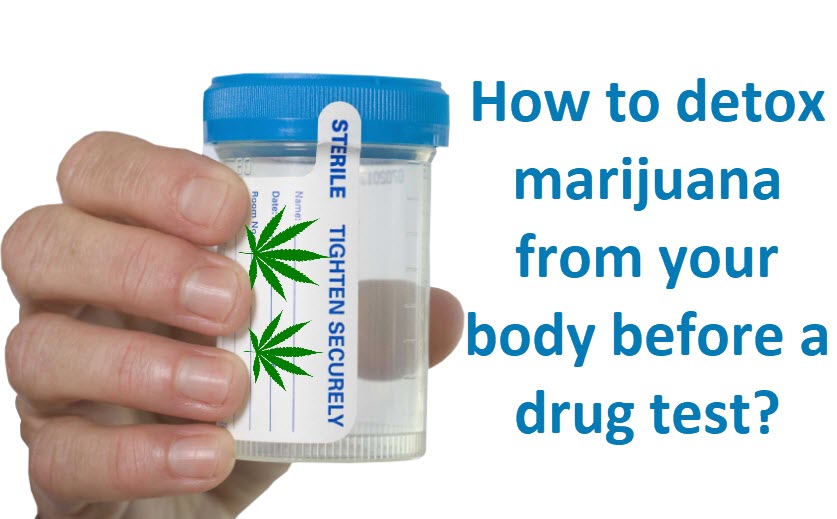Why Does THC Stay So Long in Our System?

Even in this time where Cannabis is legalized in many places in the world, there is still the concern of drug screening and what not. No one wants to be thrown in front of the bus when a misinformed officer of the law demands a drug screening. Often it is also some business firms that still fall back on their legal policies where a person who uses marijuana is still at risk of being fired. And even though the effect of using marijuana lasts only for a few hours, THC can stay in your system for a week, or even more. It depends very much on the type of test being used.
So, why does THC stay so long in your system, and how can you deal with the problem? Or is there nothing we can do about it?
A quick recap on THC
THC, or delta-9-tetrahydrocannabinol, is one of the cannabinoids found in the cannabis plant. At the moment, there are more than 144 cannabinoids and counting. Every year, researchers discover more. Cannabinoids are the compounds that bind to the receptors in the endocannabinoid system. The interaction of the cannabinoids on the endocannabinoid system is responsible for the physical and psychological effects in our bodies.
For those using marijuana for recreational purposes, THC is particularly important because of its psychoactive effect. But it is also THC that is found and looked for in blood, urine, and hair when drug tests are done. THC is still considered an illegal drug, and mandatory drug tests can bring many people into serious problems.
How Long Does THC Stay in the System?
A frequent user might have a presence of THC in his system for a full month, or even longer. It even has been detected for more than 90 days already by some researchers. But in other cases, it was only detected for about 48 hours after consumption. The spectrum is wide because it seems that the detection time is largely related to the frequency of use. In a way it makes sense, the more you use the more you have in your system. But it also depends on what type of test is used. THC detection could be tested by testing blood, urine, saliva, or hair.
But Why Does It Stay So Long in the Body?
Conventional drug tests do not really have the ability to detect THC in the body. They can, however, detect THC metabolites (the byproducts of the metabolism) These metabolites are what remain in the system much longer than THC itself. It remains in the bloodstream and is much easier to detect.
When THC enters your system, it is broken down by the liver and converted into about 80 different metabolites. The main metabolites are THCCOOH (11-nor-9-carboxy-delta-9-tetrahydrocannabinol) and 11-OH-THC (11-hydroxy-delta-9-tetrahydrocannabinol). What makes it more complicated is that not all THC is metabolized at the same time. THC binds to fatty tissue in the body and makes it then a lipid-soluble compound. This is where the snag comes in. An occasional user might expel THC rapidly out of his system, where a frequent user will have THC stored in their fat cells. THC gets reabsorbed into the bloodstream and metabolized gradually and therefore stays in the system much longer. Finally, THC and all the metabolites will be expelled through urine or stools. But these are not the only factors at play. There some other variables that also enter the scenario. These are:
Age Plays a Part
When you get older your metabolism slows down. This makes it longer for the body to break down and eliminate metabolites in the system.
Gender Influences Metabolism
Females have a higher percentage of fat than males. For this reason, THC a woman´s system holds on to THC longer than men. There are also hormonal differences at play.
Body Fat Percentage
THC gets stored in fatty tissue. If you have excess body fat you are more likely to hold THC longer in our body.
The Type of Cannabis Delivery System Also Counts
Edibles are digested and metabolized much slower and can, therefore, stay much longer in your system.
The amount of THC in the Strain also is at play
An average cannabis strain has around 10% to 25% THC. When a cannabis concentrate is used, it shoots THC levels to up to 80%. The more THC you use, the more will stay in your system.
Average Detection Times
First time users – detection time of 5 to 8 days on average
2 to 4 times per month – detection time of 11 to 18 days
2 to 4 times per week – detection time of 23 to 35 days
5 to 6 times per week – detection time of 33 to 48 days
Daily use – detection time of 49 to 63 days
Afterthought
Just because you haven´t used marijuana in the last couple of days, does not mean that there will not be THC in your system. As mentioned above, the type of test also determines how long THC would be detectable in your system. Blood and saliva tests have the shortest detectable span, whereas urine tests can detect THC for up to 30 days in the system. Hair tests can detect THC for up to 3 months.
CANNABIS DETOX AND DRUG TESTS, READ THESE...

HOW TO DETOX YOUR BODY FOR A MARIJUANA DRUG TEST!






